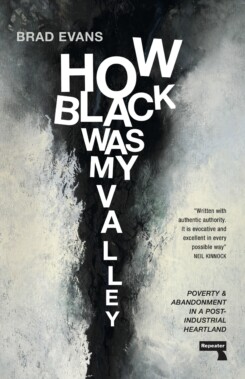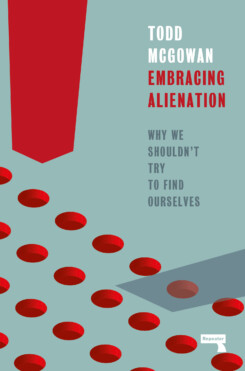£7.99 – £12.99
We are supposed to have more information at our disposal now than at any time in history. So why, in a world of rising sea levels, populist leaders, resurgent fascism and a global pandemic, do so many people believe bizarre and untrue things about the world we live in?
In After the Fact?, Marcus Gilroy-Ware shows us what really created the conditions for mis- and disinformation, from fake news and conspiracy theories, to bullshit journalism and the resurgence of the far-right, and why liberal newspaper columnists and centrist politicians are unable to turn back this tide.
Spanning politics, culture, psychology, journalism, and much more, After the Fact? is a timely wake-up call for those who believe we can simply go “back to normal”, and instead argues that, if we are to put an end to “fake news” we must deal with the broader social crises that are responsible for it.
A proud Londoner, Marcus Gilroy-Ware has been immersing himself in digital media since the age of five. Having lived in the Unites States, Brazil and Britain, he now writes, teaches, researches, creates and codes at the intersection of culture and communication.
“Gilroy-Ware goes deep to explain widespread propagation of and popular susceptibility to all kinds of dangerous nonsense today. Dismissing superficial tropes of Orwellianism, ideological manipulation, scapegoating, false consciousness and corporate media, he also avoids sentimentality toward a non-existent Golden Age governed by Truth, Science and Facts. In place of these shibboleths, After the Fact tells a story that takes account of multiple political, social and economic developments generating the anti-democratic, deeply unequal societies of our time. Such societies, Gilroy-Ware insists, must not only dissimulate their powers but create systemic “failures of literacy” among the people. This is an essential contribution to understanding our current conjuncture.”
“Gilroy-Ware evaluates why expanded access to information has instead led to a glut of disinformation and mistrust just when we need consensus on matters of grave import.”
“Expansive, interesting and, for a book that engages with some pretty complex ideas, surprisingly accessible. If you wanted to understand how capitalism operates today, particularly at an ideological level, it would be a good place to start.”




